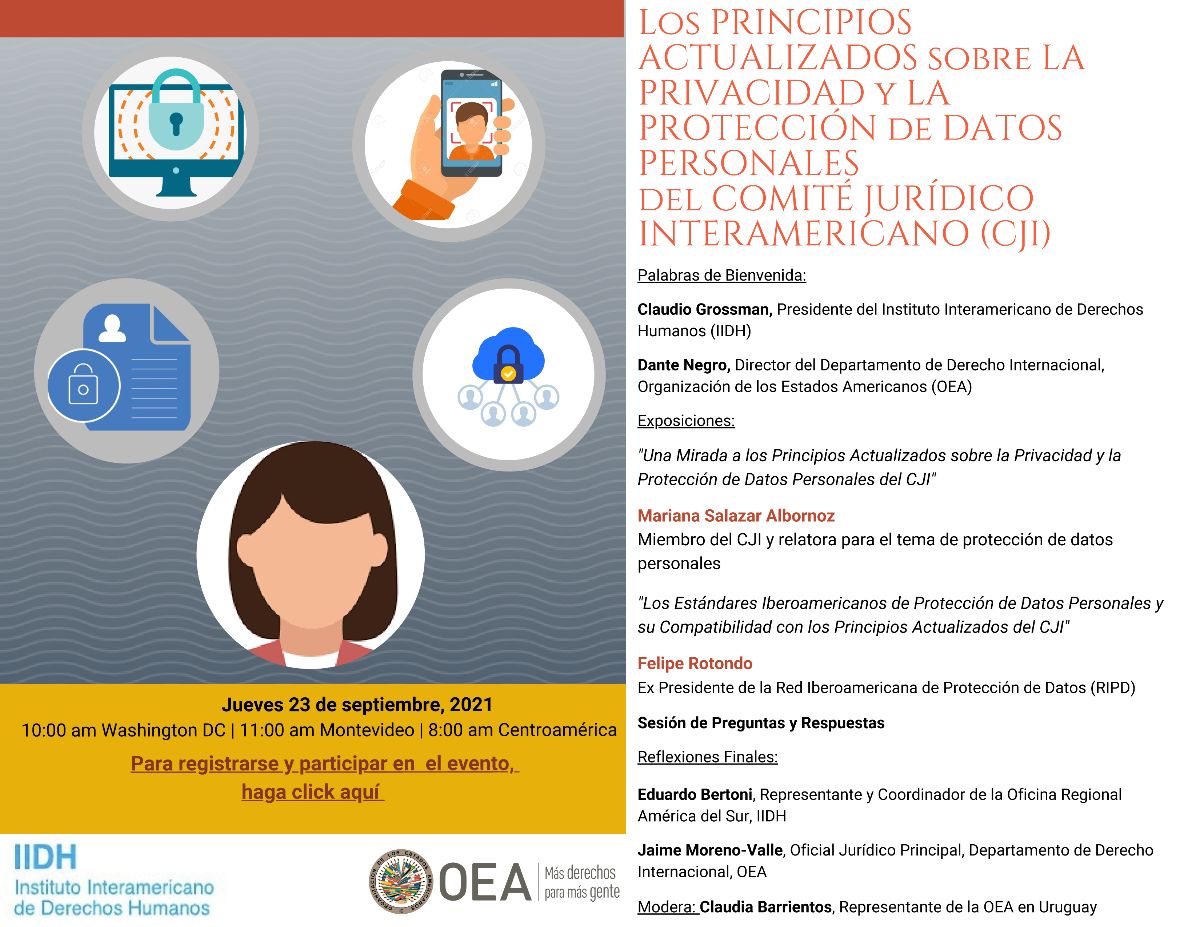The second issue of the Journal of Private International Law for 2021 was just released and it features the following articles:
Lachlan Forrester, “Resulting Trusts in Conflict of Laws: An Australian Perspective”
The common law world continues to grapple with how to properly characterise equitable doctrines in private international law. There has been extensive criticism of the existing approach to characterisation and choice of law for equity which favours separately characterising equitable obligations and applying the lex fori. Within this broader discourse, a debate is beginning to emerge around issues involving both equitable obligations and immovable property. In this early debate, two schools of thought have developed with respect to the proper characterisation and choice of law for implied or resulting trusts over immovable property. The first approach, advanced primarily by the courts, characterises the trust as an equitable obligation governed by the lex fori. The second approach, primarily endorsed by commentators, characterises the trust as an issue of immovable property governed by the lex situs. This paper, upon evaluating the lex fori and the lex situs against the underlying objectives of choice of law, rejects both approaches as unfit for purpose. Instead, it advocates a new approach to the characterisation and choice of law for resulting trusts. This paper proposes that resulting trusts be governed by the proper law of the relationship. This conception would align with the approach taken to express trusts under the Hague Trusts Convention and most effectively provides for consistency and clarity while upholding the reasonable expectations of the parties.
María Mercedes Albornoz & Sebastián Paredes, “No turning back: information and communication technologies in international cooperation between authorities”
The usefulness of ICTs is on full display when it comes to international cooperation between authorities in civil and commercial litigation. The core international conventions on cross-border cooperation (currently in force) were drafted many decades ago, when the overwhelming growth of ICTs was unimaginable. Setting the focus on Latin America, where legal regional integration has not yet reached the level attained by the European Union, this article assesses whether the selected legal sources reject, tacitly accept, or encourage the use of ICTs in international cooperation. The analysis of international conventions, some soft law instruments and domestic PIL rules supports the argument that an adequate legal framework that accepts the use of ICTs in international cooperation is necessary. Indeed, there is no turning back from the use of technologies in this field, where modern and suitable regulation would strengthen legal certainty, of utmost importance for the parties involved in cross-border litigation.
Sirko Harder, “The territorial scope of Australia’s consumer guarantee provisions”
Australian Consumer Law provides for consumer guarantees, according to which the taking of a particular action (for example, the application of due care and skill) or the presence of a particular fact (for example, a particular quality) is deemed as guaranteed where goods or services are supplied to a consumer in certain circumstances. Remedies lie against the supplier or (where goods are supplied) against the manufacturer or both. Pursuant to its application provisions, Australian Consumer Law applies to conduct outside Australia if one of several alternative criteria is satisfied. One criterion is that the defendant carried on business within Australia. There is no express requirement that the defendant’s business activities in Australia include the transaction with the plaintiff. This article argues that comity requires an implied restriction on the territorial scope of the consumer guarantee provisions, and searches for the most appropriate criterion for that purpose.
Lance Ang, “Party autonomy, venue risk and jurisdiction agreements – the Singapore position reappraised”
Party autonomy is the defining principle of private international law today. Notwithstanding its broad acceptance, what does party autonomy mean in the context of jurisdiction agreements? The lack of commercial certainty in how the agreement to “submit” to the jurisdiction of the courts in the chosen forum will be interpreted and enforced by the courts defeats the very purpose of party autonomy itself, which is the management of venue risk by commercial parties in entering into cross-border transactions. In light of recent developments, the Singapore court has blurred the distinction between exclusive and non-exclusive jurisdiction agreements by holding that the same requirement of “strong cause” applies if a party reneges on its agreement to “submit”. This is premised on the same strict contractual analysis and enforcement of both types of agreements. It is against this background that the approach of the Singapore courts in determining the exercise of their own jurisdiction under the common law will be reappraised, along with a comparison with the practice of the English courts.
Marco Giacalone, Irene Abignente & Seyedeh Sajedeh Salehi, “Small in value, important in essence: lessons learnt from a decade of implementing the European Small Claims Procedure in Italy and Belgium”
This article examines the extent to which the European Small Claims Procedure (ESCP) has served the main purpose of the EU legislature to establish a legal framework to improve access to justice for creditors of cross-border small claims through a simplified, expedited and inexpensive redress mechanism. This article first analyses the implementation of the ESCP in Italy and Belgium. These two countries were chosen because of the authors’ research on the Small Claims Analysis Net (SCAN) Project (The SCAN Project was initiated in 2018 as a two-year project with the fundamental aim of evaluating the efficiency of the European Small Claims Procedure within several EU Member States (France, Belgium, Italy, Slovenia, and Lithuania), besides raising awareness of this procedure among consumers and other judicial stakeholders. For the conducted activities as part of the SCAN project, see http://www.scanproject.eu accessed on 24 February 2021). The second part of this article deals with the impact of this regulatory instrument on access to justice for citizens, in view of the principle of judicial efficiency. Finally, this article focuses on the possibility of using this instrument for collective redress, on the one hand, and linking this procedure to online dispute resolution, on the other.
Agne Limante, “Prorogation of jurisdiction and choice of law in EU family law: navigating through the labyrinth of rules”
This article focuses on the scope of party autonomy in EU family regulations, especially in cases of marriage dissolution with an international element. Through the lens of a case study, the author analyses whether provisions allowing party autonomy in EU family regulations are consistent and wide enough to enable parties to find a solution that best fits their interests. The paper concludes that the advantages of party autonomy in private international family law outweigh the associated risks which should be mitigated by safeguarding measures.
Jan L. Neels, “Characterisation and liberative prescription (the limitation of actions) in private international law – Canadian doctrine in the Eswatini courts (the phenomenon of dual cumulation)”
The via media technique of characterisation in private international law, as proposed by the Canadian author Falconbridge, was – over a period of three decades – gradually adopted by the courts in Lesotho, South Africa, Zimbabwe, and, more recently, Eswatini. In a particular dispute, which is used as angle of incidence for the discussion below, the High Court of Swaziland (now Eswatini) applied the rules of the lex fori pertaining to liberative prescription (the limitation of actions) against the background of the via media technique. The decision was overruled by the Supreme Court of Eswatini, which – using the same technique – applied the proper law of the contract in this regard. In this contribution, the Canadian doctrine and its application by the Eswatini and other Southern African courts is critically discussed. The scenario in the Eswatini cases provides an example of what the author calls the phenomenon of dual cumulation. He attempts to provide guidance for the development of Southern African private international law in this regard beyond the via media technique.
Richard Garnett, “Internationalism in New Zealand conflict of laws”
Internationalism has long been regarded as an important goal of any national conflict of laws system. The three main branches of the subject – jurisdiction, choice of law and recognition and enforcement of foreign judgments – should be developed in a manner sympathetic to the needs of international trade and interaction and allow for recognition of foreign interests. In exceptional cases, however, local public policy should also be available to protect private rights. Internationalism is a major theme in the recent book, The Conflict of Laws in New Zealand. This article assesses the state of internationalism in New Zealand conflict of laws and the contribution of the book to the issue.



